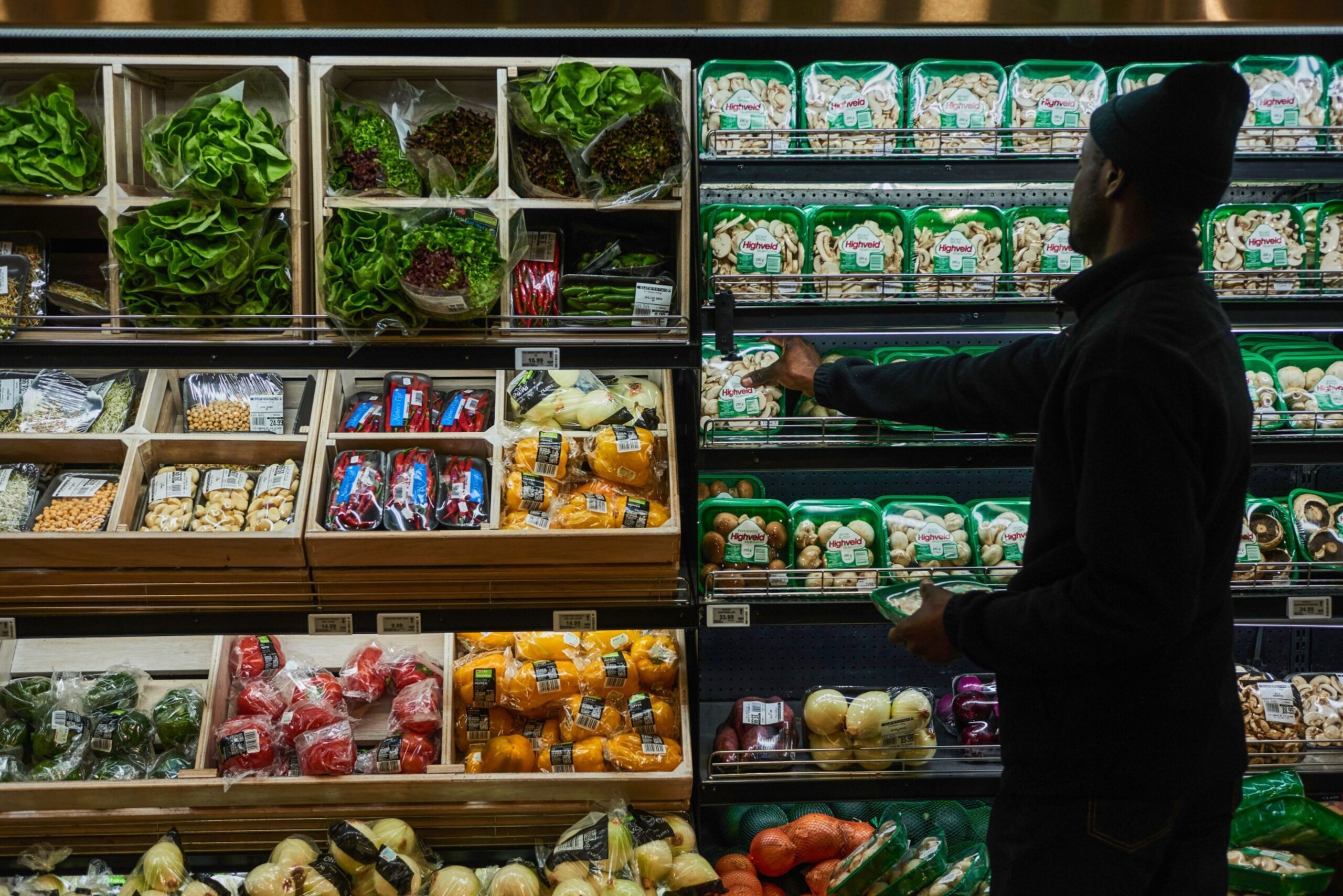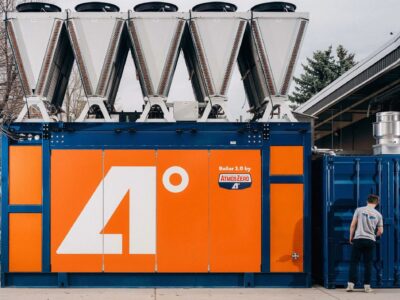(Bloomberg) —
Supermarkets are missing out on untapped revenue from selling food that’s about to expire, as store workers waste hours searching for short-dated products and discounting them by hand.
At least that’s the pitch from Too Good To Go, an eight-year-old Danish company that cut its teeth addressing restaurant food waste and is now turning to grocery stores’ soon-to-expire goods. Starting this month, TGTG is selling an artificial-intelligence-powered solution that assists supermarkets with expiration dates, which are a major pain point for retail food waste. The company will begin its global rollout with the international supermarket chain SPAR.
“Every day across grocery stores, staff go around and very manually go through all the different products to check if anything is about to run out of date,” TGTG Chief Executive Officer Mette Lykke said in an interview with Bloomberg Green. Lykke described this as a time-consuming process that’s prone to errors: Short-dated products are often spotted too late, and discounts meant to encourage purchasing leave potential revenue on the table, she said.
TGTG’s software factors in customer behavior, seasonality and other considerations to estimate how likely a product is to sell in a store at any given time, then suggests a discount rate as the item approaches its expiration date. The tool also helps workers track expiry dates such that staff only need to manually check 1% to 7% of products, Lykke said. And it flags when food could be donated or sold at a steep discount through Too Good To Go’s eponymous app.
The company trialed its new tool with a supermarket chain in France, where large grocery stores have since 2016 been banned from throwing away unused food that could be donated. The grocer, which TGTG did not name, had been discounting its cheeses by 50% nationwide when they got within two days of their expiration date. Now the store varies discounts based on region and time of year. In Normandy, for example, people buy more Camembert in the summer; while in the Alps, Swiss cheese sells easily on cold winter days when raclette (a local dish) is on the menu in many homes.
Inflation is driving up demand for cheaper short-dated goods, said Jorgen Dejgaard Jensen, a professor at the University of Copenhagen who researches the economy of food waste. Supermarkets are also increasingly focused on using discounts and promotions of near-expired products to limit food waste and bolster their bottom line.
“If supermarkets don’t have to spend too many resources on selling the food at a discount, then it’s a better business for them,” Jensen said, though he noted the risk of near-expired food ultimately being trashed at home instead.
No matter where it’s thrown out, food waste has environmental implications. The United Nations estimates about 30% of food produced for consumption is wasted globally, accounting for 8% to 10% of greenhouse gas emissions. Food waste can also cut into earnings: Trashed food costs supermarkets around 1.6% of net sales, on average, according to the European Retail Institute — a notable haircut in an industry known for low profit margins.
“Of course, it’s a bad user experience if you buy something that’s past its expiry date,” Lykke said. “But the financial implications for supermarkets of food waste are also quite significant.”
Since late 2015, Too Good To Go has been addressing food waste through its app, which connects consumers in the US, Canada and 15 European countries with restaurants, bakeries and grocers looking to part with unsold food. (Grocers are now its biggest partner segment.) The app’s 85 million users can purchase a “surprise bag” from brands such as Starbucks, Pret A Manger and Carrefour for about $5 to $10, roughly a third of what the contents would otherwise cost. TGTG recently launched a limited rollout of “magic parcels” sold straight from manufacturers such as Unilever.
Still, much of the world’s $1 trillion food waste problem happens at home. In the US and Europe, households are responsible for over half of wasted food. Expiry dates play a role here, too: Many people confuse use-by labels, which indicate when a food is no longer safe to eat, with best-before labels, which indicate optimal quality.
“Consumers mix them up,” Lykke said. “Just to be safe, they will throw away the product when it hits the date given.” Regulators could do more to clarify what those labels mean, she said.
To contact the author of this story:
Sanne Wass in Kobenhavn at swass7@bloomberg.net
© 2024 Bloomberg L.P.





